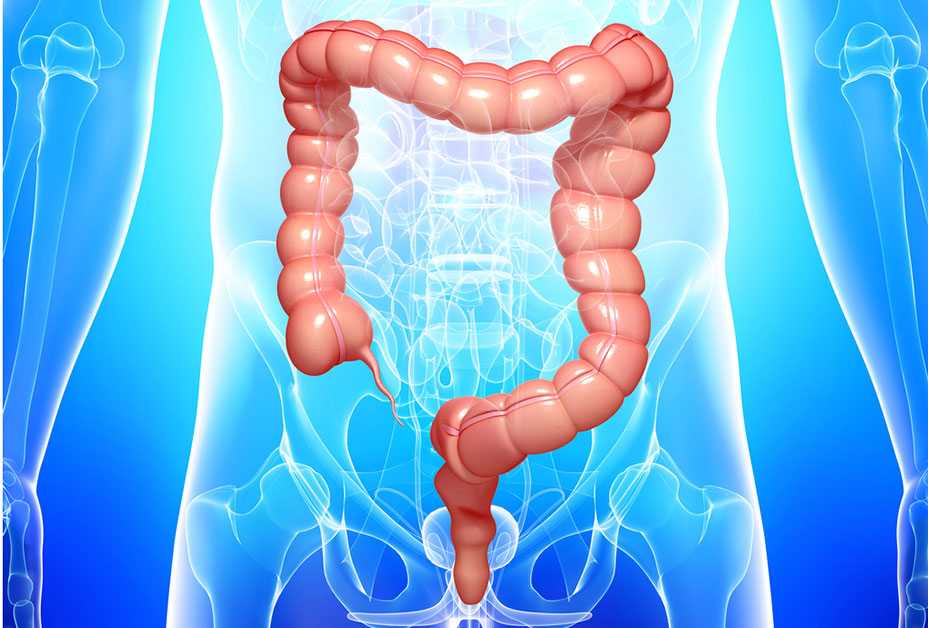Inflammatory Bowel Disease (IBD)
[in-flam-muh-tohr-ee | boul | di-zeez] [eye-bee-dee]

Crohn's disease and ulcerative colitis are two major inflammatory bowel diseases (IBD). Crohn's disease can affect any part of the gastrointestinal tract—from the mouth to the anus. Ulcerative colitis occurs in the large intestine or rectum. It's usually diagnosed in teens and young adults. Three million US adults report having a diagnosis of IBD. Common symptoms include frequent diarrhea, abdominal pain, bloody stools, fever, weight loss, fatigue, and night sweats. IBD is a long-lasting disease and often does not go away completely. Although this chronic disease significantly affects quality of life, there are ways to manage it.
Quiz
Key Facts
- About 3 million US adults reported having Crohn’s disease or ulcerative colitis.
- Up to 80,000 US children may have IBD.
- Most people with IBD are diagnosed between ages 15 and 35 years.
- Treatment usually involves medications, but more severe cases may require surgery.
Media
Prevention Tips
The cause of IBD is not well understood, so it cannot be prevented. However, there are ways to manage the symptoms and prevent other diseases that are complications of IBD.
- Stop smoking. Smoking worsens treatment outcomes and increases flares-up among patients with Crohn's disease.
- Get recommended vaccinations. IBD patients treated with certain medications have a higher risk for infection.
- Ask your doctor if you should be screened for colorectal cancer. Patients with IBD may need to start screening for colorectal cancer before age 50.
- If you are a woman with IBD, talk to your doctor about how to prevent cervical cancer. Patients with IBD are at higher risk of cervical cancer.
- Ask your doctor if you need a bone density test. Certain medications used to treat IBD may increase your risk for osteoporosis.
- Page last reviewed: April 26, 2017
- Page last updated: April 26, 2017
- Content source:
- Centers for Disease Control and Prevention
- Page maintained by: Office of Associate Director of Communication, Division of Public Affairs


 ShareCompartir
ShareCompartir




